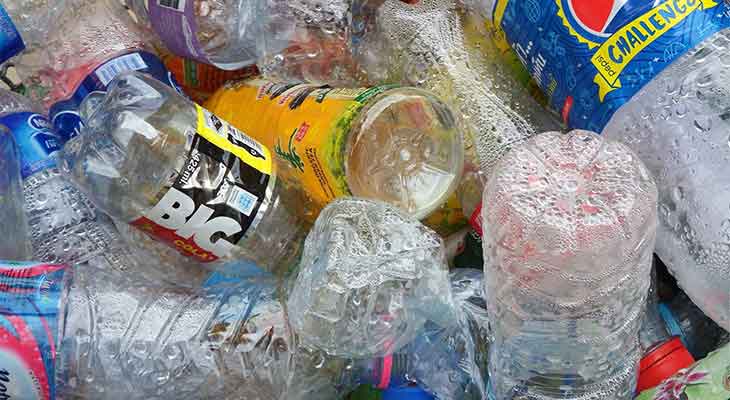How Can I Reduce Waste in My Daily Life?
by Blake Harris
Posted on 06-01-2024 05:25 PM

In our modern society, waste has become a significant concern due to its detrimental impact on the environment. However, each of us has the power to make a difference by adopting simple yet effective strategies to reduce waste in our daily lives.
By making conscious choices and embracing sustainable habits, we can contribute to a cleaner and healthier planet. One crucial aspect of waste reduction is finding examples of items that can be reused instead of being thrown away.
Let's explore some practical ways to minimise waste and highlight the importance of reusing items.
Embrace the 3 R's: Reduce, Reuse, Recycle
The first step towards waste reduction is to follow the three fundamental principles: Reduce, Reuse, and Recycle.
Begin by reducing your overall consumption. Consider whether you truly need a particular item before purchasing it.
By adopting a minimalist mindset, you can avoid accumulating unnecessary possessions and reduce the waste generated. Next, focus on reusing items whenever possible.
Find creative ways to extend the lifespan of products or repurpose them for different uses. Finally, ensure that items that cannot be reused are properly recycled, following the guidelines of your local recycling program.
Carry Reusable Bags and Containers
Plastic bags and disposable containers contribute significantly to the accumulation of waste. By carrying reusable bags and containers when you go shopping or for takeout, you can avoid adding more plastic waste to the environment.
Opt for durable, eco-friendly bags made from materials like canvas or jute, and invest in reusable food containers made from glass or stainless steel. These small changes can significantly reduce the amount of single-use plastic waste generated daily.
Say No to Single-Use Plastics
Single-use plastics, such as straws, water bottles, and cutlery, have become pervasive in our society. However, they are a major source of pollution, particularly in our oceans.
To reduce waste, invest in a reusable water bottle and carry it with you wherever you go. Say no to plastic straws and bring your reusable straw if needed.
Choose to dine in or carry your own reusable cutlery set instead of using disposable options. By avoiding single-use plastics, you can make a substantial impact on reducing waste.
Opt for Sustainable Packaging
When shopping, pay attention to the packaging of the products you buy. Look for items that use minimal or eco-friendly packaging materials.
Avoid excessive plastic wrap or packaging that cannot be recycled. Choose brands that prioritise sustainable packaging alternatives, such as biodegradable or compostable materials.
By supporting companies that prioritise eco-friendly packaging, you can encourage others to follow suit and reduce waste on a larger scale.
Compost Organic Waste
Food waste and other organic materials contribute significantly to the overall waste generated. Instead of throwing these items away, consider starting a compost pile or using a composting bin.
Composting allows organic waste to break down naturally and become nutrient-rich soil, which can be used for gardening or landscaping purposes. By composting, you not only reduce waste but also contribute to the production of nutrient-rich soil, promoting a sustainable cycle of resource utilisation.
The Importance of Reusing Items
While recycling plays a crucial role in waste management, reusing items is equally important. When we reuse items, we conserve resources, reduce energy consumption, and minimise waste production.
By extending the lifespan of products, we can reduce the need for continuous production and minimise the associated environmental impact. Reusing items also saves money since we don't have to buy new products frequently.
Finding examples of items that can be reused instead of thrown away is key to waste reduction. Some common examples include glass jars, which can be used for storage or as decorative containers, old clothing that can be upcycled or donated, and furniture that can be repurposed or refurbished.
The possibilities are endless, and by tapping into our creativity and resourcefulness, we can discover innovative ways to give items a second life. In conclusion, reducing waste in our daily lives is essential for creating a sustainable future.
By embracing the principles of reduce, reuse, and recycle, we can make a significant impact. Finding examples of items that can be reused instead of thrown away is crucial for waste reduction.
By practising these strategies and encouraging others to do the same, we can collectively work towards a cleaner and healthier planet for generations to come. Let's take action today and become agents of change in the fight against waste.